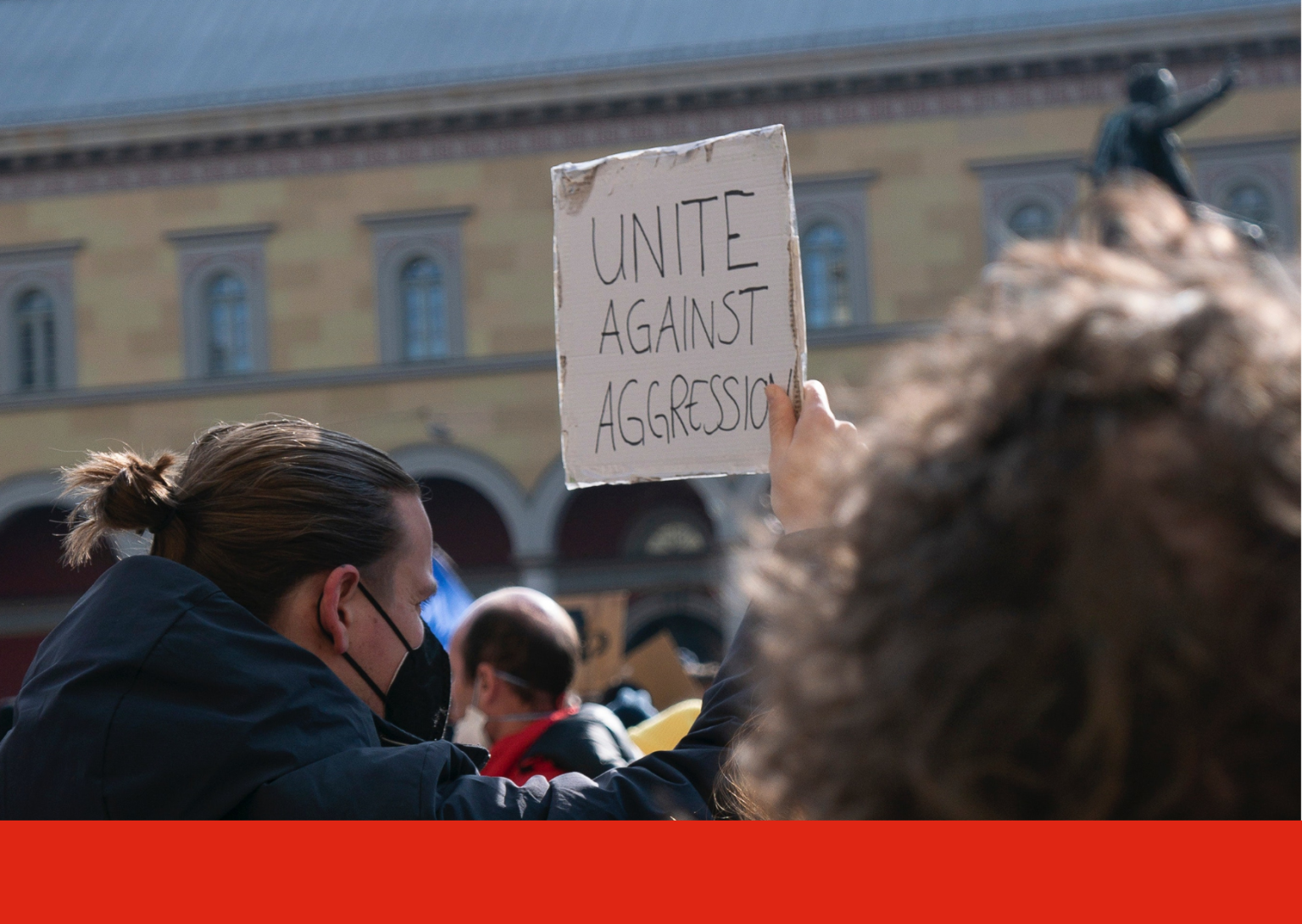Every politician wants to keep events under control. A party’s ultimate goal is about control: to be in power. To steer events. Control the narrative. Be two steps ahead of everything that is happening. However, sooner or later, every political actor has to face one of their worst enemies: the unexpected.
Two mass shootings in May presented such a challenge for Serbia’s political scene. The ruling party controls the narrative in normal times. President Aleksandar Vučic, often likened to Hungary’s Viktor Orbán, makes sure the public is fed with narratives of his choosing, by controlling most of the media. This is how he creates, rather than reacts to political events in the country.
As in most other Western Balkan countries, the opposition is fragmented, from far right to far left, and unable to, set the political agenda or create a conversation in society that is not framed by Vučić’s established “story tellings” that interpret Serbia’s everyday events: The West, Soros, Brussels vs us, Serbia, The Nation. It is all far too familiar.
The mass shootings didn’t fit at all into the ‘ultimate story of Serbia’ that Vučić and his Serbian Progressive Party (SNS) convey to the general public every day. This presented the opposition – for the first time in a long time – with an opportunity and also a choice, albeit in tragic circumstances. Should they step in, grab this chance, and even if morally questionable, try to, politicize the issue, thereby for the first time in a very long time being able to create a narrative of their own towards the public? Or should they let events unfold on their own and not capitalize on this tragedy, because of the moral implications or fear of retribution from the state propaganda machine?
The Serbian opposition chose a middle way. The parties took an active part in organizing protests, providing the expertise to bring together such large public gatherings in a short time., However, they refrained from taking the stage themselves at the protests, letting civic leaders, prominent NGO figures, and journalists give the speeches and voice their anger and resentment towards the ruling regime.
I believe that this was not the right choice in this situation. Parties in similar political spheres face situations like this daily. Should they take advantage of the situation, and (even if for a short time) try to grab control of the narrative, thereby also possibly facing the wrath of the government-controlled public media or should they step back and “wait out the storm”, hoping it will damage the regime, without entangling themselves, and later on try to install their own narratives, hoping to be more in control of the “storytelling.” This might avoid being severely damaged by the state-controlled propaganda machine.
Although the latter seems the less risky option, what parties forget is that by choosing this course, they waste a huge opportunity. We have learned in recent years that propaganda machines are not worth arguing with, or taking too much into consideration in long-term political thinking. Do they need to be countered? Yes. By finding alternative channels to deliver your messages. But should I miss opportunities to position myself on issues that align with my principles and long-term plans out of fear of them? No.
In the end, Vučić was able to recapture the narrative rather quickly due to two important events. One created by his own decision, the other by luck. He quickly declared a gun amnesty, encouraging people to turn in their guns without fear of prosecution for owning them. Serbia has one of the biggest stockpiles of guns in private hands in Europe, a remnant of the destructive Yugoslav Wars from the 1990s. By acting swiftly, and showing decisive authority, he was able to gain sympathy even from those who are not his active supporters. Even Vox, the liberal American news outlet, praised his gun amnesty programme, citing it as an example to the American public. The second event, that helped the government to move on, was rising tension in Kosovo, the self-declared independent state that Serbia claims to be its own. Nationalism always plays in favour of those in power. The fact that the United States and the EU pressed Kosovo to back down in this crisis over the mayors of towns with a Serbian majority enabled Vučić to show he had international support and to display strength towards the Serbian public.
To be sure, Vučić would most likely still be in power and little would have changed in Serbia, even if the opposition parties had actively led the protests instead of letting the civil and NGO sphere act as a de-facto opposition to the government. But the true missed opportunity is that the fragmented and weakened opposition would have gained some credit and engaged with a wider public on an issue that has absolute majority support. That is what parties in hybrid regimes must focus on. Build trust, gain credibility with the public, and find topics that align with their values, and already have an overall majority among voters. And if an opportunity arises, however terrible or sad, they must act with bravery. Within their values, but without fear!
We have requested comment from The Party of Freedom and Justice (Stranka slobode i pravde), one of the opposition parties of Serbia, should they respond we will update the article with their answers).


